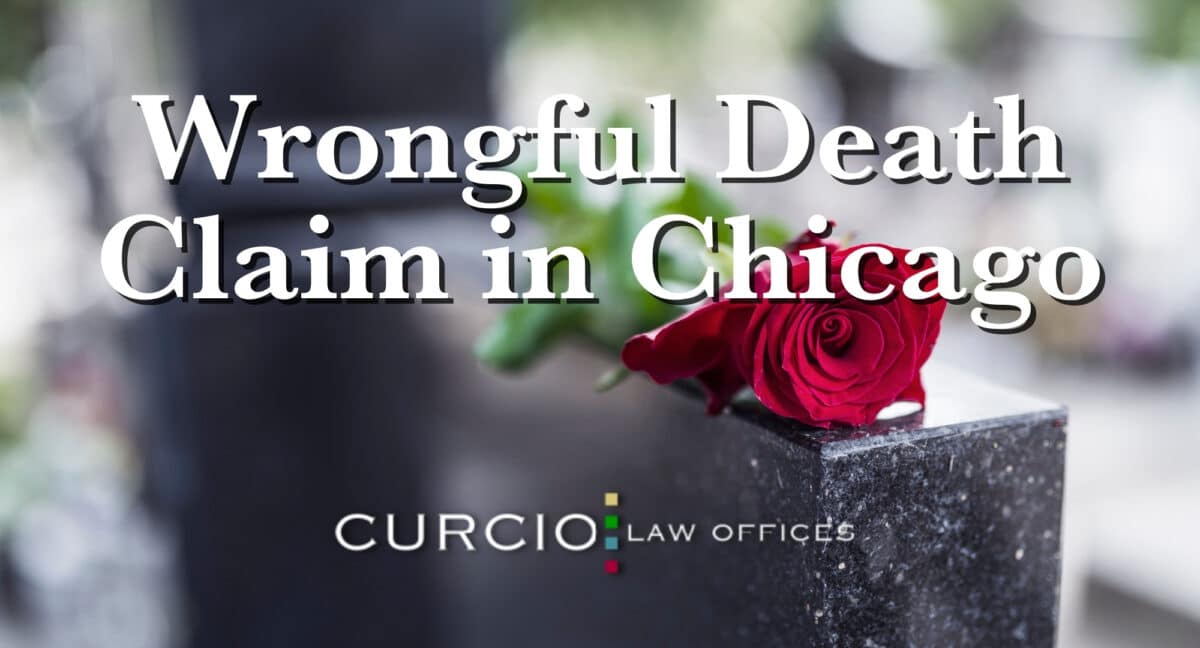When someone dies as the result of another person’s actions, either intentional or unintentional, that person may find themselves facing charges such as homicide or involuntary manslaughter. In addition to those charges, however, the victim’s survivors are able to file a wrongful death claim for damages that the person caused. Filing a personal injury lawsuit one behalf of a deceased loved one is common when someone else’s negligence results in wrongful death.
In Illinois, you may file a wrongful death lawsuit if you are the decedent’s surviving spouse or child. We understand how the law works, what to prove in a wrongful death lawsuit, and have helped many clients with their wrongful death cases. If your wrongful death case resulted from medical malpractice, be sure to look over the medical malpractice statute of limitations Illinois to avoid missing your filing date.
Generally speaking, the statute of limitations for a wrongful death claims is between two and five years.
There are two different categories of damages that the jury may award under a wrongful death claim. The first category covers the time from the occurrence of the initial injury until the decedent passed away. This can include damages for medical expenses, lost wages and burial expenses.
The second category of damages are to cover the loss you experience as the decedent’s spouse or next of kin. This can include compensation for the wages lost as a result of the untimely death of your loved one. The jury may also award damages for the sorrow, grief, pain and suffering that resulting from the loss of your loved one.
There are always several frequently asked wrongful death questions. According to the Illinois General Assembly website, you may file a wrongful death when your loved one has died as the result of someone else’s neglect, wrongful act or default. You may file a wrongful death claim any time a situation falls under these conditions, regardless of the other charges that the defendant may be facing.



